"The President of the Republic holds ideologies regarding the industry that harm it," states René Muñoz, manager of the Association of Forestry Contractors, in #FuturoPQN.
Today in Palabra Que Es Noticia, we spoke with René Muñoz, manager of the Association of Forestry Contractors.
The spread of wildfires across the country continues to raise questions and criticism about the delayed responses from the government and institutions in controlling the disasters and seeking accountability. According to the head of the forestry contractors, "the inefficiency seen in this episode is brutal, not only for the forestry sector but for the entire country."
In which part of the country are you located? Why do you believe the response was delayed?
"I am in Biobío, the heart of where the disaster is happening. I find the government's actions were delayed because the State reacted only four or five days later. Extreme weather and high temperatures had been forecast in advance. No urgent measures were taken. What has happened shows we learned nothing from the events of 2017. Today, it repeats, and our complaint is that things could have been done better," says René Muñoz.
Is your complaint about the control measures or the failure to anticipate the situation?
"Control is the second step. Intentionality has become the narrative of what is happening. The government itself has stated there has been a degree of intentionality. When there isn’t sufficient security, we keep getting burned. This month, we’ve had four attacks. When you combine inefficiency, lack of action, and organized terrorist cells continuing to operate, it’s the perfect storm for these events to keep happening," states the manager of the Association of Forestry Contractors.
What other measures should have been taken?
"If there is a curfew, the Armed Forces should be given authority to make arrests and take more concrete actions. There’s an effect on people knowing military personnel are present. There have been arrests of the Llaitul family, who have been behind this. When fires align and then emerge elsewhere, we understand it’s intentional. In Chile, burning comes at no cost. The Santiago Metro was burned, and now the south of the country. We must address this, and it must be now," asserts René Muñoz.
Burning comes at no cost? What do you mean by that?
"Through transparency laws, we obtained information on wildfires and their causes. Out of 2,338 cases, 50 people have been charged, and only 4 have been convicted. That 0.17%—is it enough? It’s inconceivable. The Prosecutor's Office’s poor performance is to blame. Burning cannot be free, and the results are terrible. I call on the new national prosecutor to take responsibility," says the manager of the Association of Forestry Contractors.
What do you think is happening in the territory?
"What’s been happening for nine years continues. Machinery burnings have shifted to the forestry sector. It’s easy to burn, and since there are no penalties, it keeps happening. Forests and trees don’t burn on their own—it’s either negligence or intentional," affirms René Muñoz.
There’s a difference there. How do you distinguish between negligence and intent?
"There is an interest in harming the industry. There’s a public discourse against forestry companies. We must not forget what the forestry industry has contributed to the country. 300,000 people depend on it. If the government doesn’t consider the industry important, this is the result," emphasizes the manager of the Association of Forestry Contractors.
Who wants to harm the industry? Is a royalty necessary?
"There are ideological concepts about harm. The President holds ideologies regarding the industry. Some models don’t align with the government system," notes René Muñoz.
Are you referring to the President?
"Yes, he has differing views on forestry. He has ideas that have developed, which we are aware of. We have responses for that. The bottom line is that regulation is needed. We are open to it. As improvements are needed, regulations must be made. For example, the distance between plantations and towns. We must be cautious about land occupation. It’s not just the industry’s problem—municipalities and other organizations must also act," explains the manager of the Association of Forestry Contractors.
Does the President hold certain ideologies about industries?
"Yes, he does," declares René Muñoz.
When does the President’s ideology come into play if he calls for dialogue?
"We are willing to sit down, and I believe it’s valid. It’s not static but dynamic. It’s important to discuss and advance regulations," states the manager of the Association of Forestry Contractors.
Do you think this ideology of the President is present throughout the government or just in one sector?
"I hope not. I hope the President’s directives reach everyone. Today, there’s no program or subsidy for the recovery of burned hectares. That’s a major issue, and these concepts must be addressed," argues René Muñoz.
"CONAF is a private law corporation. Chile is a forestry country—35% of its land is forested. We lack policies to combat land desertification," adds the manager of the Association of Forestry Contractors.
Regarding reforestation, is it true there aren’t enough seeds to plant?
"Not seeds—plants. We’re talking about 120,000 hectares used for replanting. However, more hectares are needed, and the land must be prepared. Right now, conditions aren’t suitable. Constant rain and the vegetative layer aren’t adequate," concludes René Muñoz.
Source:www.futuro.cl


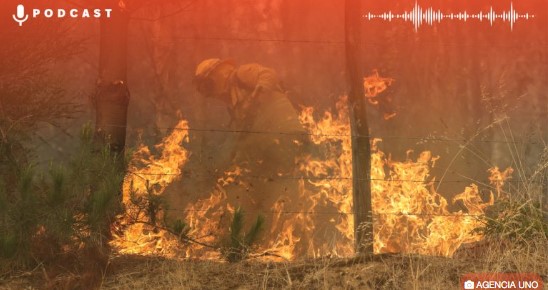
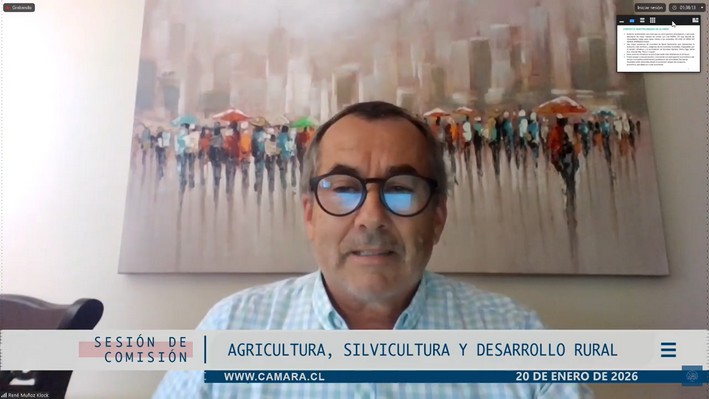
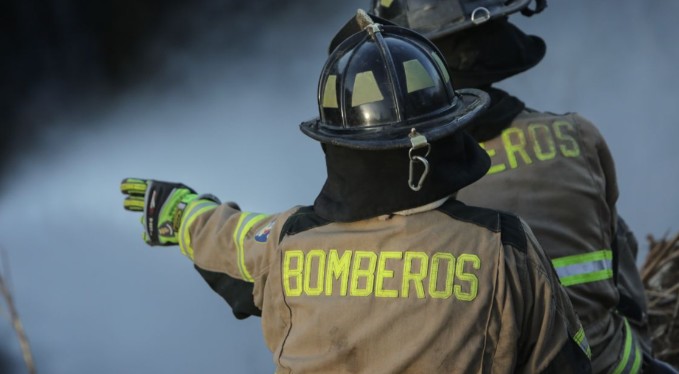
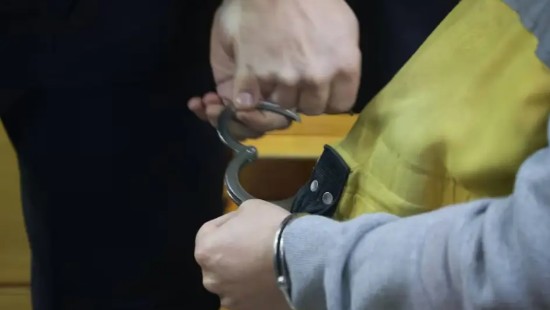
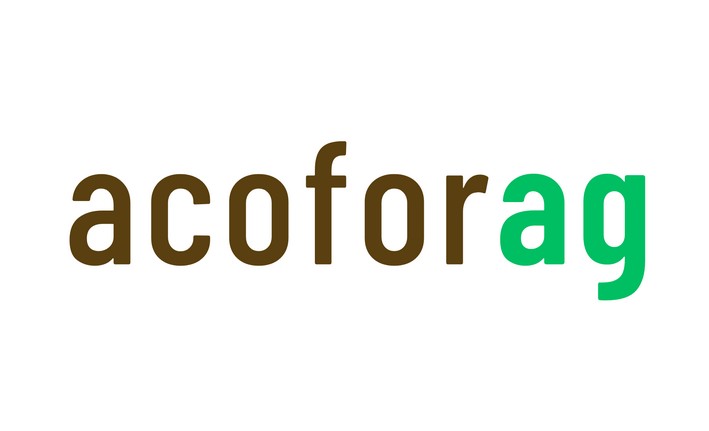
Comments (0)
No comments yet. Be the first to comment!
Leave a comment